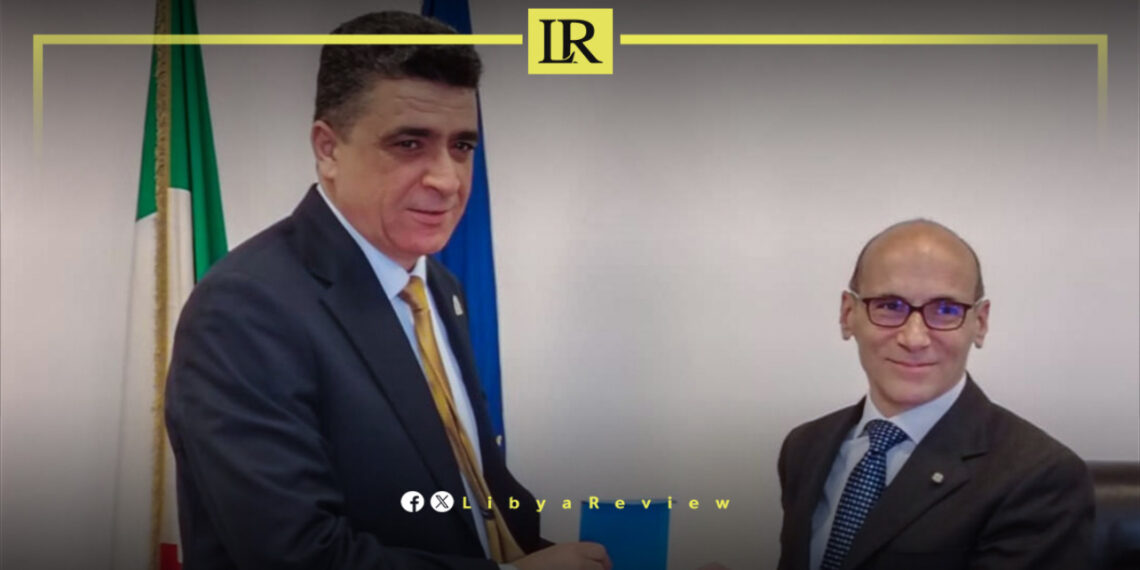The Libyan Audit Bureau, led by Khaled Shakshak, held a meeting with Giuseppe Busia, the head of the Italian National Anti-Corruption Authority, attended by directors of departments at the Libyan Audit Bureau and heads of offices at the Italian Authority.
The discussions focused on the importance of developing audit work, particularly improving audit manuals, enhancing digital transformation, and supervisory methods on information technology, according to a statement from the Audit Bureau. The meeting also explored future cooperation between the two authorities in the field of anti-corruption.
At the conclusion of the meeting, both sides agreed to assign teams to organize joint meetings and prepare a draft memorandum of understanding for adoption in the coming period.
Libya has been in chaos since a NATO-backed uprising toppled longtime leader Muammar Gaddafi in 2011. The county has for years been split between rival administrations.
Libya’s economy, heavily reliant on oil, has suffered due to the ongoing conflict. The instability has led to fluctuations in oil production and prices, impacting the global oil market and Libya’s economy.
The conflict has led to a significant humanitarian crisis in Libya, with thousands of people killed, and many more displaced. Migrants and refugees using Libya as a transit point to Europe have also faced dire conditions.
The planned elections for December 2021 were delayed due to disagreements over election laws and the eligibility of certain candidates. This delay has raised concerns about the feasibility of a peaceful political transition.
Despite the ceasefire, security remains a significant concern with sporadic fighting and the presence of mercenaries and foreign fighters. The unification of the military and the removal of foreign forces are crucial challenges.


